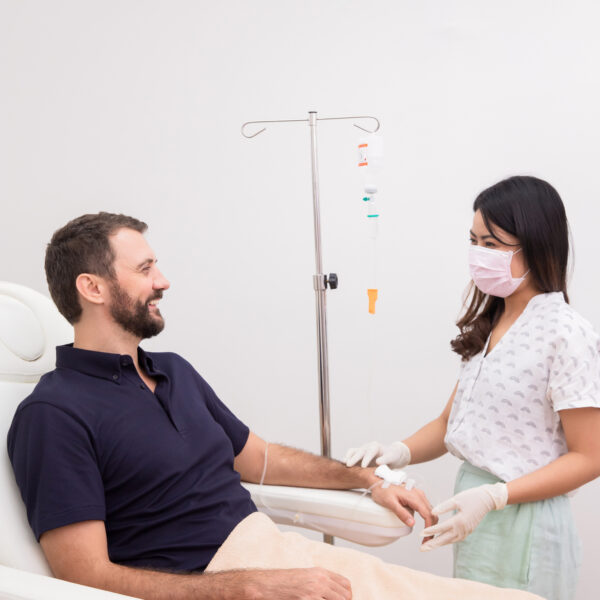Gastroesophageal Reflux Disease (GERD) is a chronic condition where stomach acid frequently flows back into the esophagus, causing discomfort and potential complications. GERD specialists, often gastroenterologists, play a specialized role in diagnosing and managing this condition. Their expertise helps patients achieve relief and prevent possible risks over time.
Identifying GERD Symptoms
Heartburn, regurgitation, and difficulty swallowing are common signs of GERD (Gastroesophageal Reflux Disease). This condition occurs when stomach acid frequently flows back into the esophagus, causing discomfort and damage. Some individuals may also experience chest pain, a chronic cough, throat irritation, or a sensation of a lump in the throat. These symptoms can overlap with those of other conditions. Consulting a GERD specialist can help with finding an accurate diagnosis and effective treatment.
GERD specialists are highly trained to evaluate these symptoms, distinguish them from those of similar conditions such as heart disease or asthma, and recommend targeted tests like endoscopy or pH monitoring to confirm the diagnosis and guide effective treatment. They work closely with patients to develop personalized care plans that address both symptoms and underlying causes. Early identification and treatment are key to managing GERD and preventing complications.
Comprehensive Diagnoses and Testing
Specialists use advanced diagnostic tools such as endoscopies, pH monitoring, and manometry testing to evaluate and assess the severity of GERD (gastroesophageal reflux disease). Endoscopies allow doctors to visually inspect the esophagus and stomach for signs of inflammation, damage, or abnormalities. pH monitoring measures acid levels over time, providing a clearer picture of acid reflux episodes and their frequency.
Manometry testing evaluates the strength and functionality of the esophageal muscles to confirm they are effectively moving food and preventing reflux. Together, these diagnostic methods offer detailed insights into how the esophagus and stomach function, helping to identify the root causes of GERD. This information is valuable for creating personalized treatment plans tailored to each patient’s specific needs
Tailored Treatment Approaches
Based on each patient’s symptoms and diagnosis, GERD specialists recommend a variety of treatments tailored to individual needs. These treatments can include lifestyle modifications such as weight loss, quitting smoking, and elevating the head during sleep. Dietary changes are also common. Patients are often advised to avoid trigger foods like caffeine, spicy dishes, and acidic drinks.
Medications are frequently prescribed as well. Proton pump inhibitors (PPIs) are one of the most common options used to reduce stomach acid and promote healing. These medications are often recommended for managing conditions like acid reflux and ulcers.
For patients with severe or persistent GERD that doesn’t respond to other treatments, specialists may recommend surgery. Procedures like fundoplication reinforce the lower esophageal sphincter. Another option is the placement of a LINX device, a magnetic ring designed to prevent acid reflux. These treatments aim to provide more effective and long-term relief. Each recommendation is carefully made to improve the patient’s quality of life and manage their symptoms.
Find a GERD Specialist
If GERD symptoms like heartburn, acid reflux, or difficulty swallowing are disrupting your daily life, it’s time to seek help from a GERD specialist. These experts provide personalized guidance. They can help you understand the underlying causes of your symptoms and offer tailored solutions to address them. From lifestyle adjustments and dietary changes to advanced treatment options, a specialist can help you find lasting relief. Take the first step toward better health and quality of life by scheduling a consultation today.

